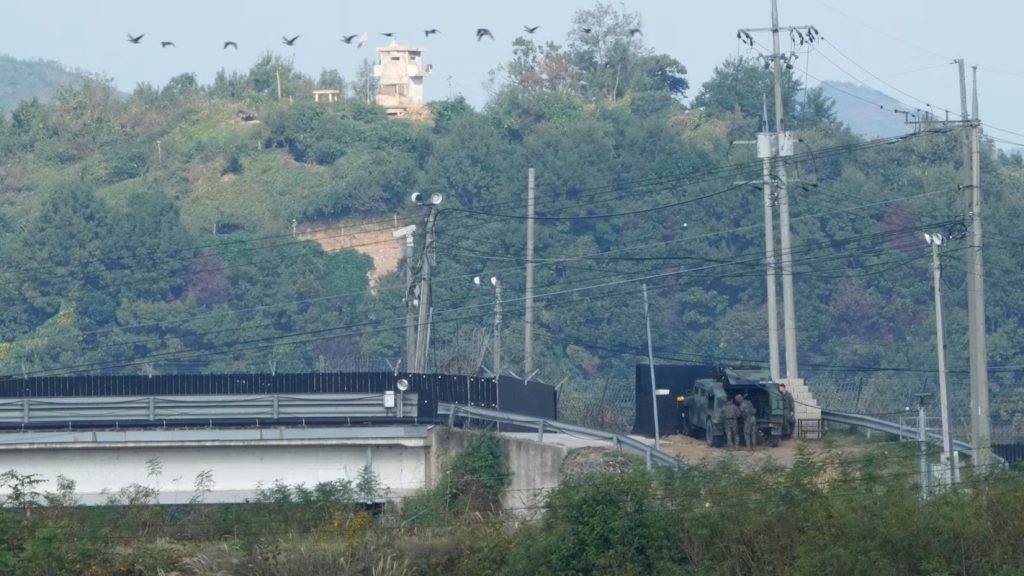North Korea has accused South Korea of flying drones over Pyongyang to drop anti-government propaganda leaflets and warned of military retaliation if such actions continue. South Korea issued a vague denial in response to the accusation.
Essential Survival Gear You Need Before the Next Hurricane Hits
On Friday, North Korea’s Foreign Ministry claimed that South Korean drones were spotted over Pyongyang on October 3 and again earlier this week. The ministry condemned the alleged drone flights as a violation of North Korea’s sovereignty and a serious threat to its security, labeling them a “dangerous provocation” that could lead to armed conflict or even war.
North Korea warned that its forces are preparing “all means of attack” to retaliate if drones are detected again, stating, “The safety lock on our trigger has now been released.” The ministry added that any further provocations could endanger the lives of South Korean citizens.
In a parliamentary hearing, South Korean Defense Minister Kim Yong-hyun denied the allegations, stating, “We have not done that.” He mentioned that the situation was still being evaluated but provided no further details. It remains unclear whether the drones in question were operated by the South Korean military or civilians.
The South’s Joint Chiefs of Staff later issued a statement saying they could not confirm the North’s claims but warned North Korea to “exercise restraint and not act recklessly.” The statement emphasized that South Korea’s military would respond with “stern and thorough retaliation” if its citizens were threatened.
North Korea is known to react strongly to outside criticism, especially concerning its leader, Kim Jong Un, and his family’s rule. Since May, North Korea has been sending balloons filled with trash into South Korea as a form of retaliation against South Korean activists who have flown anti-North Korea leaflets across the border. On Friday, South Korea’s Joint Chiefs reported that the North was once again flying balloons toward the South, cautioning civilians about falling objects.
In response to the balloon campaign, South Korea has used loudspeakers along the border to broadcast propaganda and K-pop into North Korea, further intensifying tensions. This psychological warfare adds to the strain already heightened by North Korea’s weapons tests and threats of nuclear conflict.
In reaction to these developments, South Korea, the U.S., and Japan have strengthened military cooperation and expanded joint exercises. They are also enhancing nuclear deterrence strategies centered on U.S. military assets.
On Wednesday, North Korea announced plans to permanently close its border with South Korea and build new defense structures along the frontier, citing what it described as increasing “confrontational hysteria” from South Korea and the U.S. North Korea’s military stated it would cut off roads and railways linked to the South and fortify its side with defensive structures, calling this a “self-defensive measure” against war.

Experts believe Kim Jong Un’s aggressive stance is intended to force the U.S. to recognize North Korea as a nuclear power, positioning the regime to negotiate security and economic benefits from a place of strength.
South Korean President Yoon Suk Yeol, in written comments to the media, warned that North Korea might conduct major provocations, such as a nuclear test or intercontinental ballistic missile launch, ahead of the U.S. presidential election in November to gain attention. He also condemned North Korea’s balloon campaign, warning that any further threats to South Korean citizens would result in consequences that North Korea would struggle to endure. However, Yoon did not elaborate on the specific measures under consideration.

